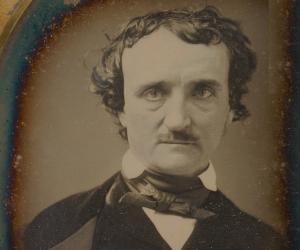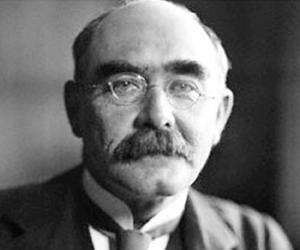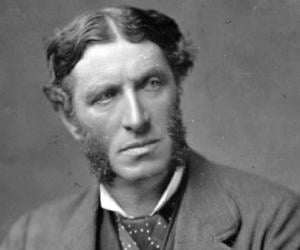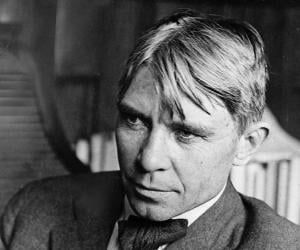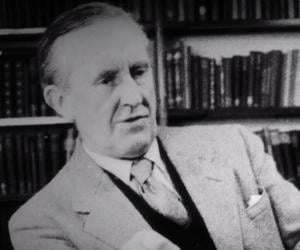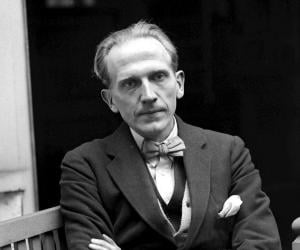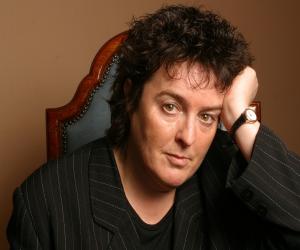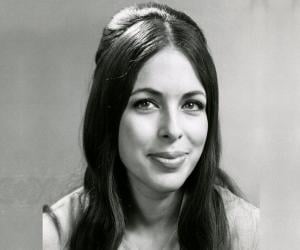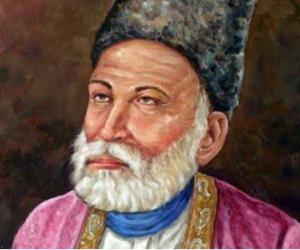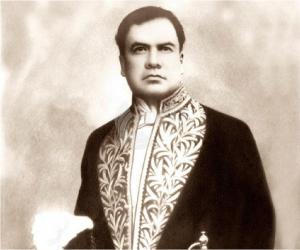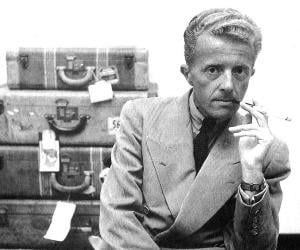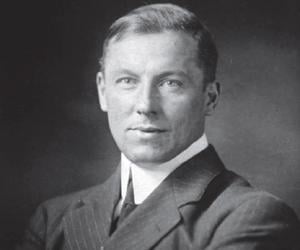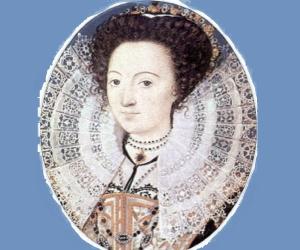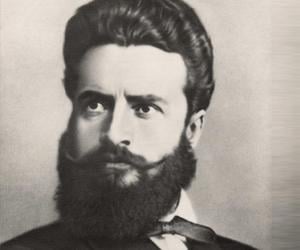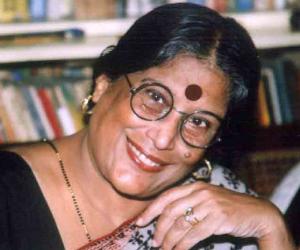American writer Edgar Allan Poe is regarded as the architect of modern short story, the inventor of the detective-fiction genre and a major contributor towards science fiction genre. The influential writer is recognised for his tales of mystery and macabre. His notable works include The Raven (poem), The Tell-Tale Heart and The Fall of the House of Usher (short stories).
English journalist, short-story writer, poet, and novelist Rudyard Kipling is best remembered for his fiction work The Jungle Book. He was born in India and many of his works are inspired by his life in the country. He was one of the most popular English writers in the late 19th and early 20th century.
Iconic Victorian poet and literary critic Matthew Arnold is best remembered for his classic essay Culture and Anarchy, which was a social critique of the Victorian era. He also penned poems such as Dover Beach and Sohrab and Rustum. He had also been a school inspector for over 3 decades.
Carl Sandburg had begun working since age 11 and been employed in various odd jobs, such as a truck driver, a harvester, and a brickyard hand, before being part of the Illinois Infantry. The two-time Pulitzer-winning poet and biographer late also won a Grammy for his recording of Lincoln Portrait.
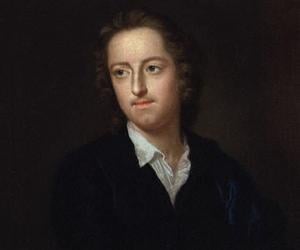
Considered one of the greatest authors, JRR Tolkien is popularly called the father of the modern fantasy literature. He is best known for his high fantasy classic works The Hobbit and The Lord of the Rings, which is set in a conceived world called the Middle-Earth. Many years after his death, Tolkien continues to be one of the best-selling writers.
A. A. Milne was an English author best known for his books about the teddy bear Winnie-the-Pooh. He joined the British Army as a young man and served in both World War I and World War II. In his career as a writer, he wrote several novels, non-fiction pieces, articles, poems, screenplays, and children’s stories.
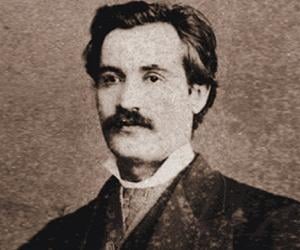
Considered the national poet of Romania, Mihai Eminescu was a major figure of Romanticism in Romanian literature. Starting as an editor for the paper Timpul, he later penned iconic poems such as Luceafărul, or The Evening Star, and stories such as Sărmanul Dionis and Cezara. He, unfortunately, died in a mental asylum.
Mirza Ghalib was an Indian poet whose works give a detailed description of the beginning of British rule and the subsequent events in India. A respected poet, who wrote in Urdu and Persian languages, Ghalib remains popular among the Hindustani diaspora across the world. Several films and TV shows have been made in his honor.
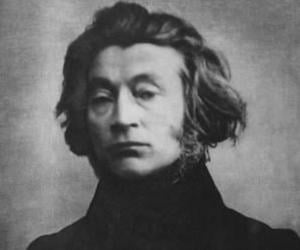
Adam Mickiewicz was a Polish poet, dramatist, essayist, and political activist. He was a major figure in Polish Romanticism and considered one of Poland's "Three Bards." He has long been regarded as Poland's national poet and is often compared to Byron and Goethe. The vast majority of his work is available only in Polish and has been reprinted numerous times.
One of the greatest Kannada literary figures to have ever lived, Jnanpith Award- and Padma Vibhushan-winning author Kuvempu had written the state anthem of Karnataka, Jaya Bharata Jananiya Tanujate. He was also an academic who had served as the Mysore University vice-chancellor and often voiced his concerns on social issues.
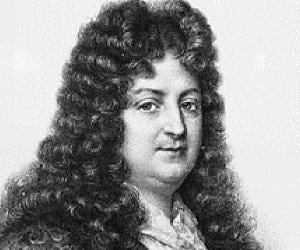
The leader of the 19th-century Spanish-American Modernismo movement, Nicaraguan poet Rubén Darío had been a prodigy who had started writing poems at age 14. Best remembered for his works such as Azul, he earned the tag of the Prince of Castilian Letters. He had also held various diplomatic posts.
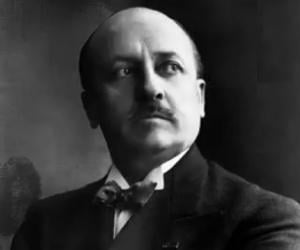
Filippo Tommaso Marinetti was an Italian poet, art theorist, and editor. He is credited with founding the Futurist movement and is remembered for his work Manifesto of Futurism. In 1918, he founded a political party called Futurist Political Party as an extension of the social and futurist artistic movement. The party merged with the Italian Fasces of Combat in 1919.
Robert W. Service was a British-Canadian poet and writer. Popularly called "the Bard of the Yukon," he wrote some of the most commercially successful poetry of his era. A bank clerk by profession, he often wrote while traveling for work. Besides poetry, he also wrote fiction and non-fiction. He was often compared to English writer and novelist Rudyard Kipling.
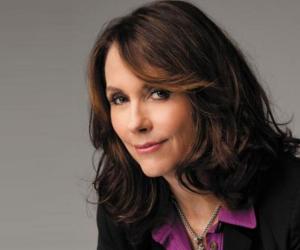
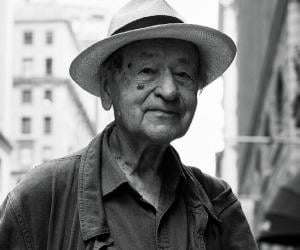
Jonas Mekas was a Lithuanian-American poet, artist, and filmmaker. Referred to as the godfather of American avant-garde cinema, Mekas is credited with mentoring many important American artists and filmmakers, such as Peter Bogdanovich, Ken Jacobs, and Martin Scorsese among others. Jonas Mekas' work has been displayed in museums. He is the recipient of many prestigious awards, including Lithuanian National Prize.
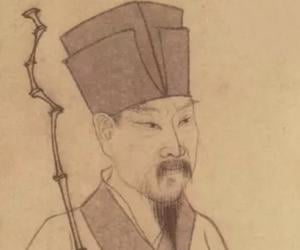
Su Shi was a Chinese writer, calligrapher, poet, painter, gastronome, pharmacologist, and politician who lived during the Song dynasty. He played a major role in the political affairs of the Song dynasty. He is credited with producing some of the best-known poems, prose, and essays and is considered one of the most decorated personalities in classical Chinese literature.
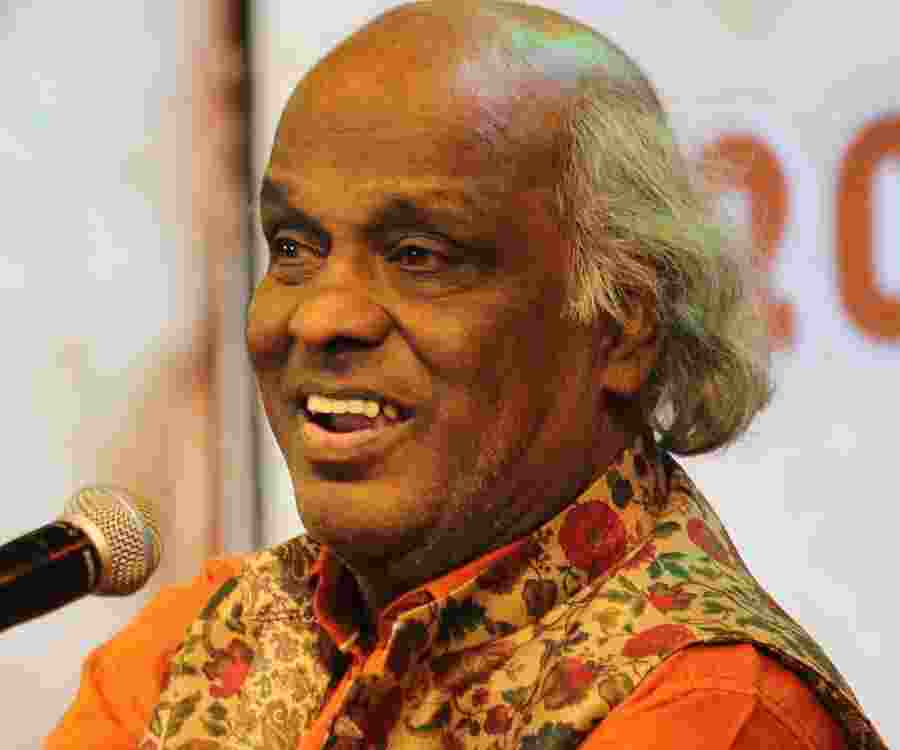
Urdu poet Rahat Indori had an illustrious and versatile career as a painter, a Bollywood lyricist, and a professor. A regular at poetry events such as Kavi Sammelan, he was known for his captivating couplets such as Kisi Ke Baap Ka Hindustan Thodi Hai. He died of COVID-19 in 2020.
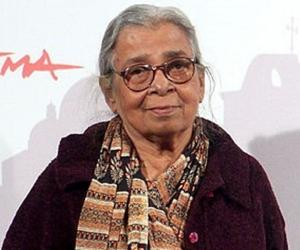
Ramon Magsaysay Award-winning Indian author Mahasweta Devi is regarded as a gem of the Bengali literary world. She had also been a left-wing social activist, and her works such as Hajar Churashir Maa and Rudali have either tribals or people from the marginalized communities as their protagonists.
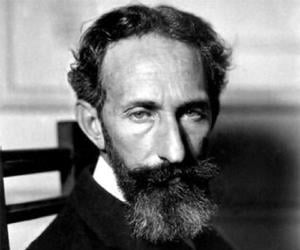
Horacio Quiroga was a Uruguayan poet, playwright, and short story writer. He is best remembered for depicting jungles and characters with mental illnesses in his stories. Horacio Quiroga is credited with influencing the works of Gabriel García Márquez and Julio Cortázar.

Daisaku Ikeda is a Japanese Buddhist educator, author, philosopher, and nuclear disarmament advocate. He is best known for serving as the founding president of the world's largest Buddhist lay organization, Soka Gakkai International (SGI). Daisaku Ikeda has won several international awards like the United Nations Peace Medal, Tagore Peace Award, and Rosa Parks Humanitarian Award.
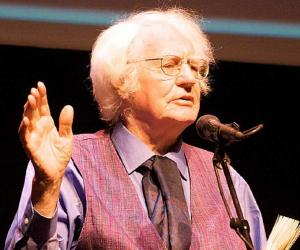
Robert Bly was an American poet, activist, and essayist. He is best remembered for leading the mythopoetic men's movement. He is also remembered for his book Iron John: A Book About Men. Robert Bly is also well-known for his work The Light Around the Body, which earned him the National Book Award for Poetry in 1968.
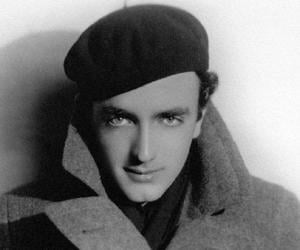
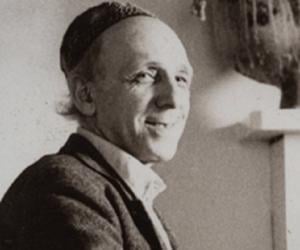
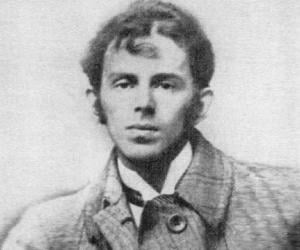
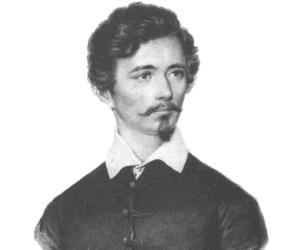
Hungarian poet and revolutionary Sándor Petőfi is remembered as one of the pillars of the 1848 Hungarian Revolution, and his song Talpra Magyar became an anthem of the revolution. While he was initially part of the army, ill health got him dismissed soon. He also penned the epic fairy tale János vitéz.
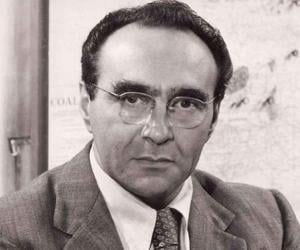
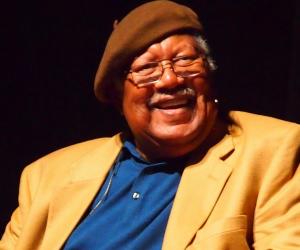
Hristo Botev was a Bulgarian poet and revolutionary. Widely regarded as a national hero by Bulgarians, Botev was thought to be ahead of his peers in his aesthetic, philosophical, and political views. An influential and important figure in the history of Bulgaria, Botev has several monuments, schools, football clubs, and stadiums named after him.
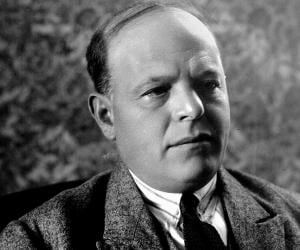
Russian-Jewish author and poet Hayim Nahman Bialik was one of the leading figures behind the development of modern Hebrew poetry. He grew up amid poverty and worked briefly as a lumber merchant, before becoming a teacher. Apart from expressing the anguish of the Jewish people through his works, he also translated many classics.


Known for his short stories and plays reflecting the life in Budapest, author Ferenc Molnár never identified with any particular literary movement. His best-known works include the short story anthology Muzsika and the novel The Paul Street Boys. Initially an aspiring lawyer, he later worked as a war correspondent.
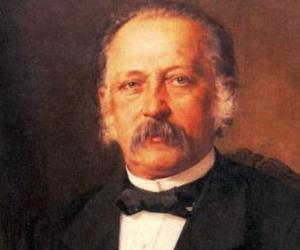
The pioneer of German realist fiction, Theodor Fontane started as a journalist before venturing into a writing career at the ripe age of 58. He had also briefly been an apothecary, following in his father’s footsteps. His novels such as Effi Briest talk about the plight of women.
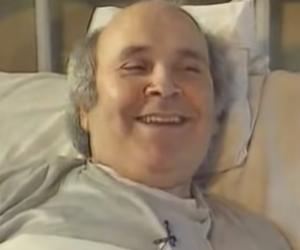
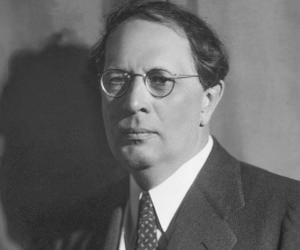
Aleksey Nikolayevich Tolstoy, also known as Comrade Count, initially tasted fame with the novel Nikita’s Childhood and then redefined the science-fiction, thriller, and historical novel genres. As part of the Extraordinary State Commission, he was the first to ascertain that the Nazis had used gas vans during World War II.
Padma Shri and Sahitya Akademi Award-winning Indian author Nabaneeta Dev Sen is revered as one of the greatest figures of Bengali literature. Born to a poet couple, Nabaneeta was christened by Rabindrananth Tagore. She was also an academic and was married to economist Amartya Sen for almost 2 decades.
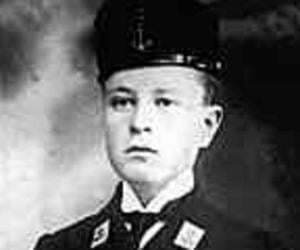
Turkish poet and author Nâzım Hikmet was chiefly known as a Romantic Communist. After being jailed in Turkey for his political activities, he spent the rest of his life in the Soviet Union and eastern Europe. He redefined Turkish literature with his free verse and poems such as Şeyh Bedreddin destanı.
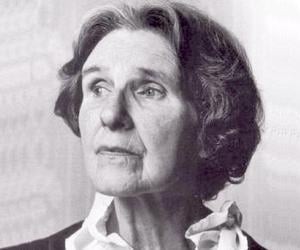
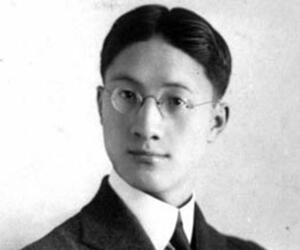
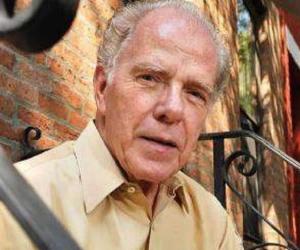
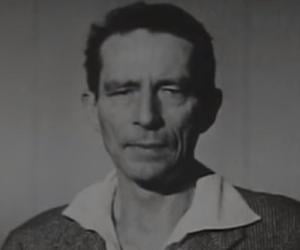
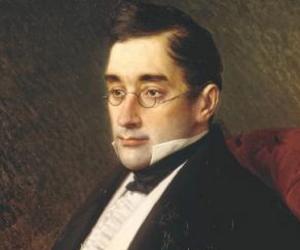
Russian playwright Alexandr Griboyedov is best remembered for his comedy Gore ot uma, or Woe from Wit. He participated in the Decembrist revolt and even got arrested once. He was the Russian Ambassador to Iran and died at the hands of an Iranian mob during an attack on the embassy.
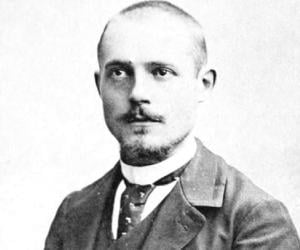

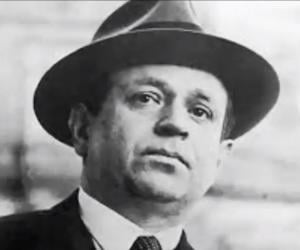
Renowned German author, journalist, and satirist Kurt Tucholsky is best remembered for his cabaret songs. He initially studied law and participated in World War I before moving to France and Sweden. The Nazis revoked his German citizenship for his communist ideals. He committed suicide, though some believe he accidentally overdosed.
